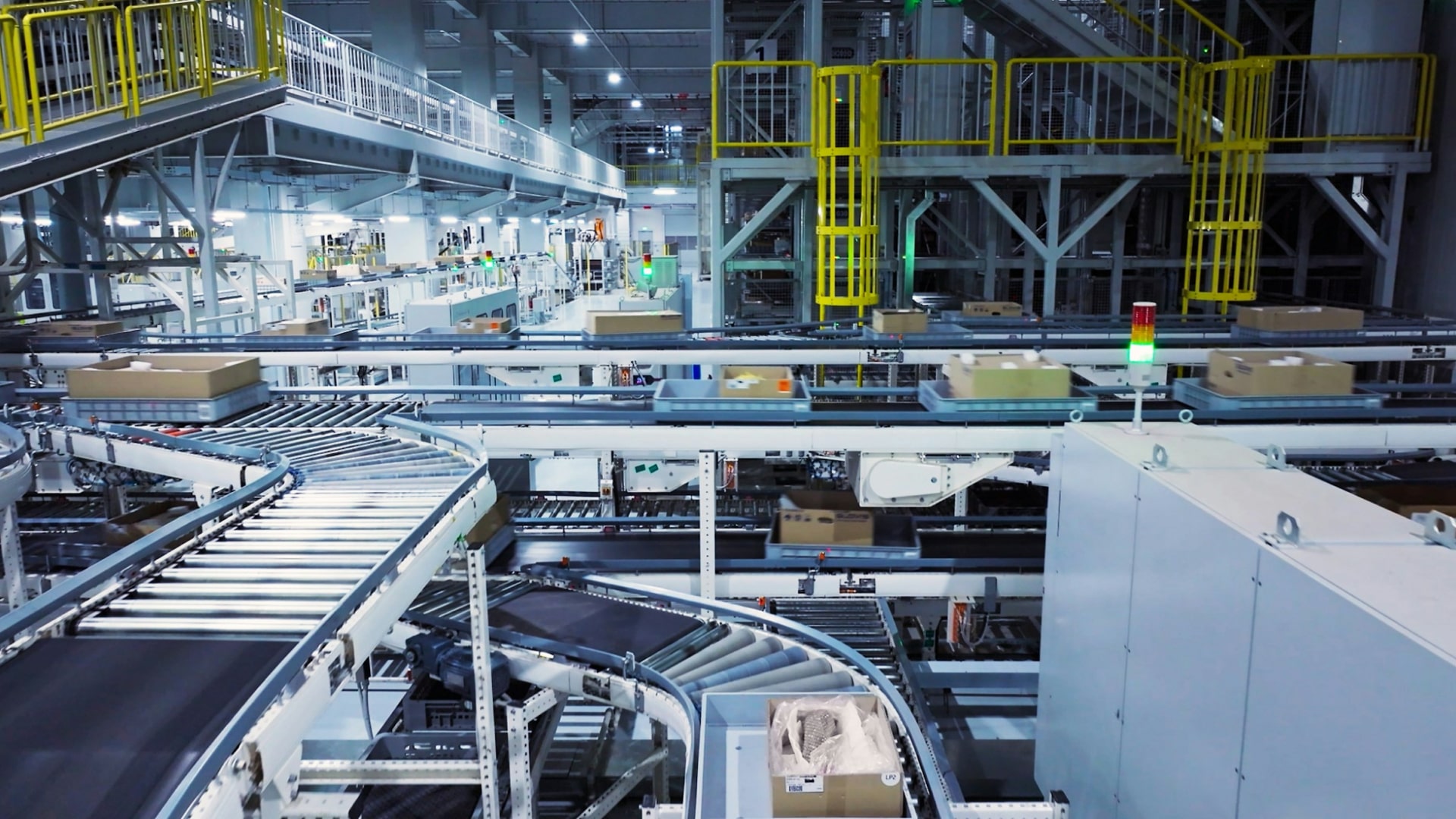Driven by advances in data analytics and Industry 4.0, manufacturing is evolving at an unprecedented pace, radically transforming the way plants are designed, produced and operated.
Data analysis stands as the central axis of this transformation, allowing the extraction of valuable information from the avalanche of data generated by operations, optimizing processes and making strategic decisions. Industry 4.0, for its part, acts as a catalyst, integrating technologies such as collaborative robotics, intelligent automation and digital twins to create smart and adaptable factories.
The future appears to be a vibrant panorama full of opportunities. Companies that embrace this paradigm shift and harness the transformative power of data analytics and Industry 4.0 will be best positioned to lead the industry and lead the way toward a more prosperous and sustainable future.

Hyperconnectivity and real-time data
The factories of the future will be hyperconnected, with sensors embedded in every machine and tool, collecting real-time data on performance, quality and energy consumption. This avalanche of data will enable unprecedented visibility into operations, enabling predictive analytics and real-time optimizations.
Artificial intelligence and digital twins
Artificial intelligence (AI) will play a critical role in data analytics, using advanced algorithms to extract meaningful insights from big data and make autonomous decisions. Digital twins, virtual replicas of physical facilities, will make it possible to simulate production scenarios and optimize processes before their implementation in the real world.
Collaborative robotics and intelligent automation
Collaborative robots, or cobots, will work side by side with humans, performing repetitive and dangerous tasks, while intelligent automation will handle more complex tasks, such as quality inspection and product assembly.
Customized and sustainable manufacturing
Data analysis will allow greater customization of products, adapting to the specific needs and preferences of each customer. Sustainable manufacturing will be driven by optimizing resource use, reducing waste and adopting renewable energy.
New business models and digital ecosystems
New data-driven business models will emerge, such as on-demand manufacturing and pay-as-you-go services. Digital ecosystems will connect manufacturers, suppliers and customers, facilitating collaboration and innovation.
In short, data analytics and Industry 4.0 will transform manufacturing in the next decade, driving efficiency, productivity, customization and sustainability. Companies that adopt these technologies effectively will be better positioned to thrive in an ever-changing business environment.
To prepare for the future of manufacturing, companies must:
- Invest in the necessary data infrastructure and analysis tools.
- Develop capabilities in AI, machine learning and other key technologies.
- Foster a culture of innovation and collaboration.
- Attract and retain talent with the skills necessary for the digital age.
Those companies that embrace digital transformation and harness the power of data analytics will be well positioned to lead the manufacturing industry of tomorrow.
Share this post






